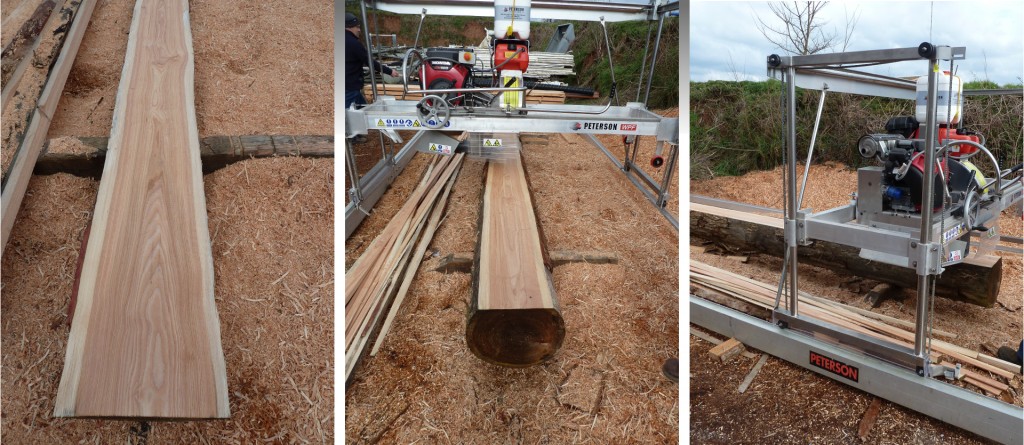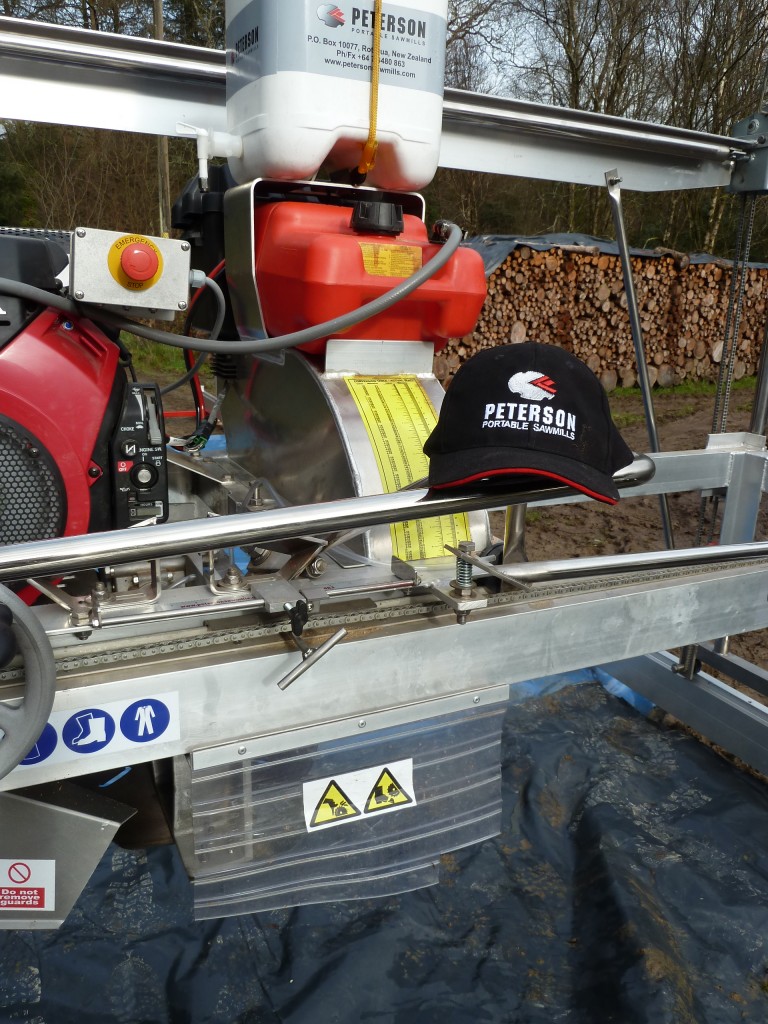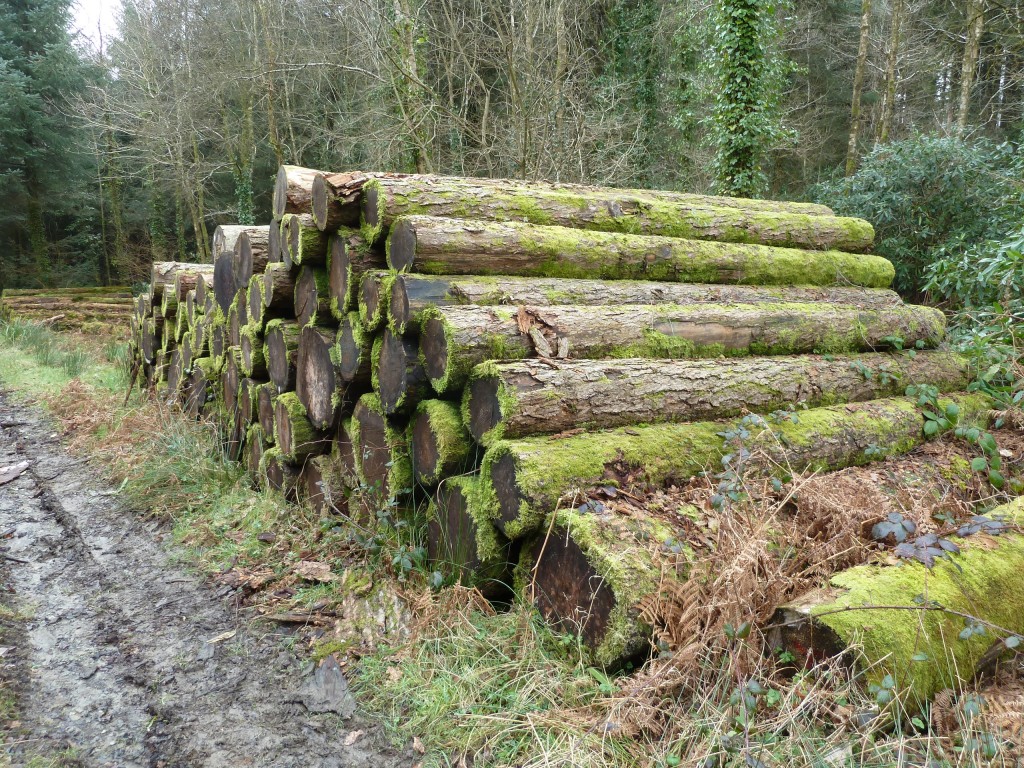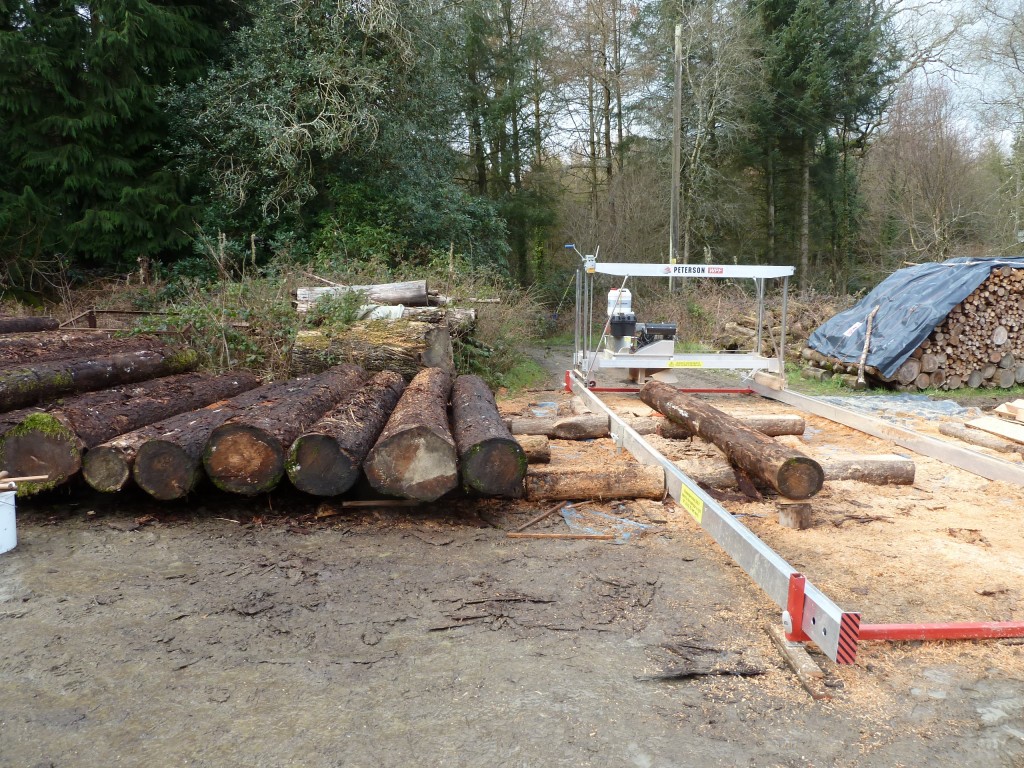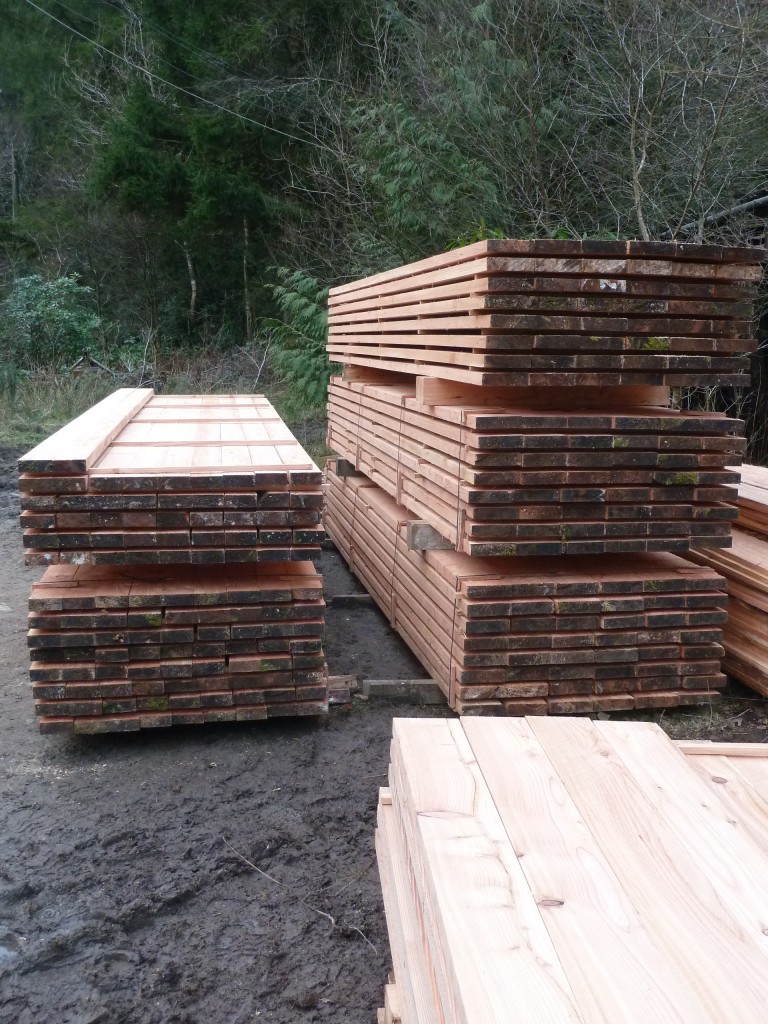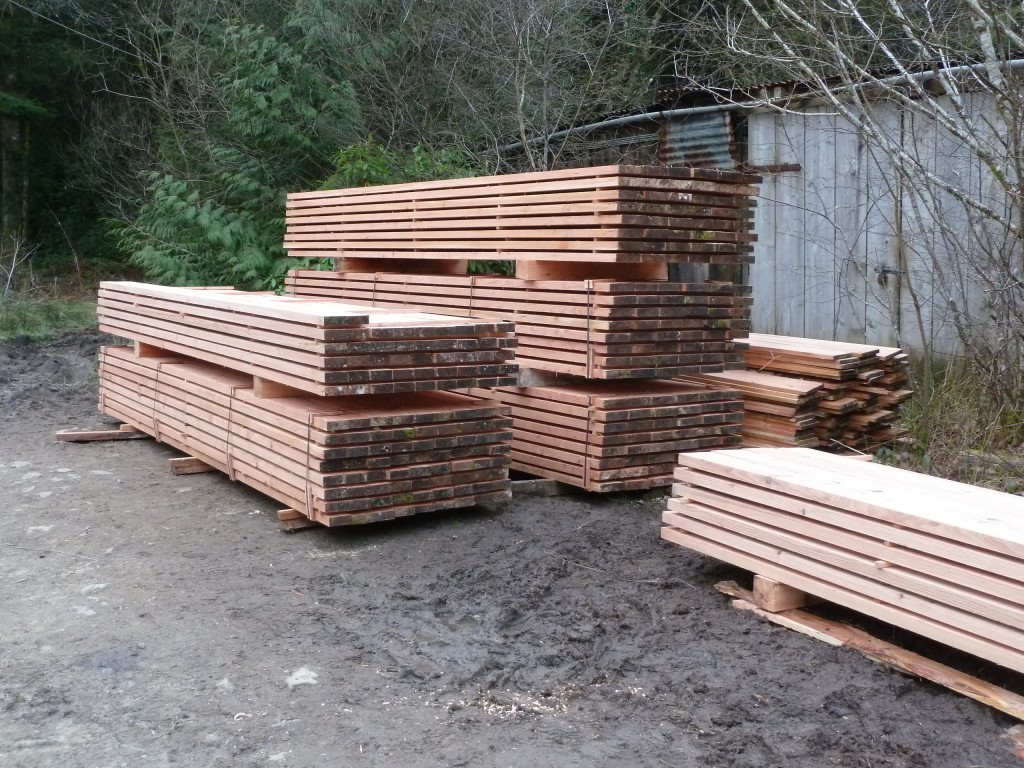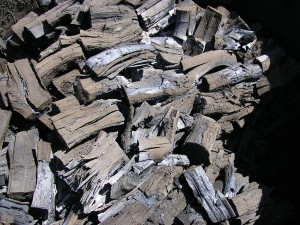While our British summer is stuttering along with varied weather, I thought a post to help people who buy firewood would be useful, specifically, non-kiln dried firewood logs. So how can you tell good firewood from bad?
Ideal hardwoods that are most readily available and good for both open fires and woodburning stoves are:
Another good hardwood is Sweet Chestnut but it can spit out hot embers. Sweet Chestnut can be burnt safely in a wood burning stove, but you still have to be careful when the stove door is opened. All these hardwoods have a high proportion of woody material per volume, which means they have a high bulk density, so more wood means more fuel to burn.
Common hardwoods that are not so good for firewood logs:
Freshly felled these hardwoods have a high volume of water and less woody material. When seasoned the bulk density of the log is much lower with these hardwoods and that means less fuel to burn.
Softwood logs:
Several softwoods when seasoned burn well in a stove. However, you will get through more logs compared to good quality hardwoods. Larch being one of the better softwoods.
How to tell if the wood is of good quality:
- seasoned firewood will have a lower odour
- have loose bark and/or peeling bark
- visible cracks & splits, especially on the ends
- dead fungi
- have a lighter weight
How to tell if it isn’t seasoned:
- unseasoned firewood will have a strong possibly sweet odour
- the bark will be firmly intact
- the ends will be damp
- the end grain will be more uniform in colour
- the log will be much heavier as it is loaded with water
- if part-seasoned there maybe moulds and active fungi visible
All wood will burn, but firewood logs that are wet will be no good.
The dangers and problems of unseasoned wood:
- steam containing volatile compounds will be produced and will deposit in your flue lining or chimney
- a build up of these deposits will increase the risk of a fire in the flue or chimney
- the logs will be difficult to light
- You won’t get much heat due to the higher water content, which defeats the purpose of buying the firewood logs in the first place
- you could damage you’re woodburning stove. Always check what fuel types and quality are approved by the manufacturer for the woodburning stove
Delivery horror stories – why you should always check your load:
- logs that were claimed to be seasoned but weren’t when they arrived
- unseasoned logs disguised by a top layer of good quality logs
- tree surgeon waste logged up and sold immediately
- apparent seasoned wood delivered in the pouring rain uncovered during transit and dumped on the driveway
When a delivery arrives you often have little time to check the quality of the firewood and you can feel pressurised into accepting it. Any reputable firewood merchant shouldn’t mind you spending a few extra minutes checking a sample before accepting the delivery. If you consider the product to be poor then reject the delivery.
I once heard a story where someone bought hardwood netted logs in bulk and it transpired that the logs were only part-seasoned. The logs had to be dried out on radiators to reduce the moisture before they could be used in a woodburning stove. I’ve even heard of another case where leaves were still growing on some of the logs that were alledgedly seasoned!
In contrast to UK customers, buyers of firewood in France generally make more checks before accepting a delivery. Often firewood is being bought a year in advance and it will still be rejected if the moisture content is too high.
Whilst you might be restricted on how much firewood you can store, leaving your ordering of firewood to the last minute could limit choice and may increase the risk of getting a bad deal. There is a fair amount of effort involved from forest to delivery, so very cheap firewood should ring alarm bells, either its poor quality or may even be stolen.
Storing your wood
Make sure that you have a dry ventilated place to store your firewood; there’s no point in letting moisture return after all the effort to season the wood.
Don’t forget the kindling
Lastly do get hold of a good supply of quality kindling and make sure you don’t use contaminated waste wood as a substitute, as this will create noxious smoke. A small amount of British lumpwood charcoal is also good for starting fires.
Keep warm and enjoy your real fire!
Charcoal, Firewood logs and Kindling for sale.
